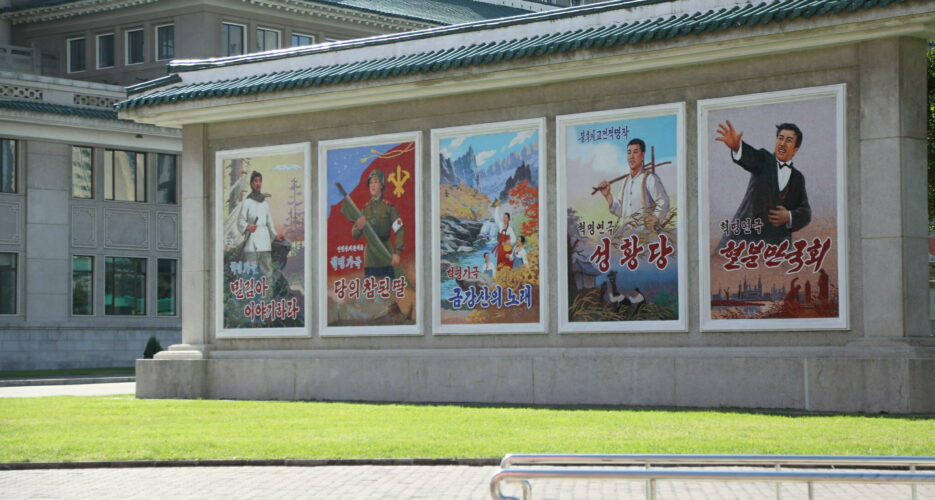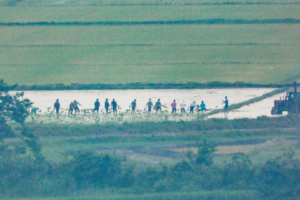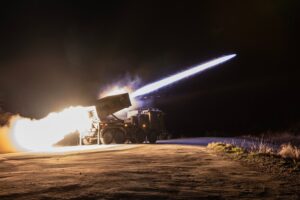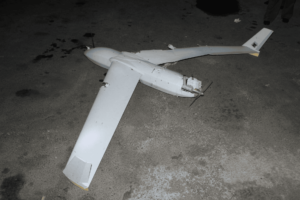South Korea came to modernity and prosperity during its precarious “developmental dictatorship," a regime which, expectedly, violated the rights of the working class and suppressed democratic freedoms.
The 1970s and 80s saw a mass of South Koreans, with radical students and labor unions at the forefront, oppose the authoritarian governments of Park Chung-hee and Chun Doo-hwan. The struggle reached its pinnacle with the Gwangju democratization movement of May 1980, when protests against Chun’s seizure of power after Park Chung-hee’s death were suppressed with military force and ended in the killing, by some estimates, of over 600 people.
South Korea came to modernity and prosperity during its precarious “developmental dictatorship," a regime which, expectedly, violated the rights of the working class and suppressed democratic freedoms.
The 1970s and 80s saw a mass of South Koreans, with radical students and labor unions at the forefront, oppose the authoritarian governments of Park Chung-hee and Chun Doo-hwan. The struggle reached its pinnacle with the Gwangju democratization movement of May 1980, when protests against Chun’s seizure of power after Park Chung-hee’s death were suppressed with military force and ended in the killing, by some estimates, of over 600 people.
Try unlimited access
Only $1 for four weeks
-
Unlimited access to all of NK News: reporting, investigations, analysis
-
Year-one discount if you continue past $1 trial period
-
The NK News Daily Update, an email newsletter to keep you in the loop
-
Searchable archive of all content, photo galleries, special columns
-
Contact NK News reporters with tips or requests for reporting
Get unlimited access to all NK News content, including original reporting, investigations, and analyses by our team of DPRK experts.
Subscribe
now
All major cards accepted. No commitments – you can cancel any time.










